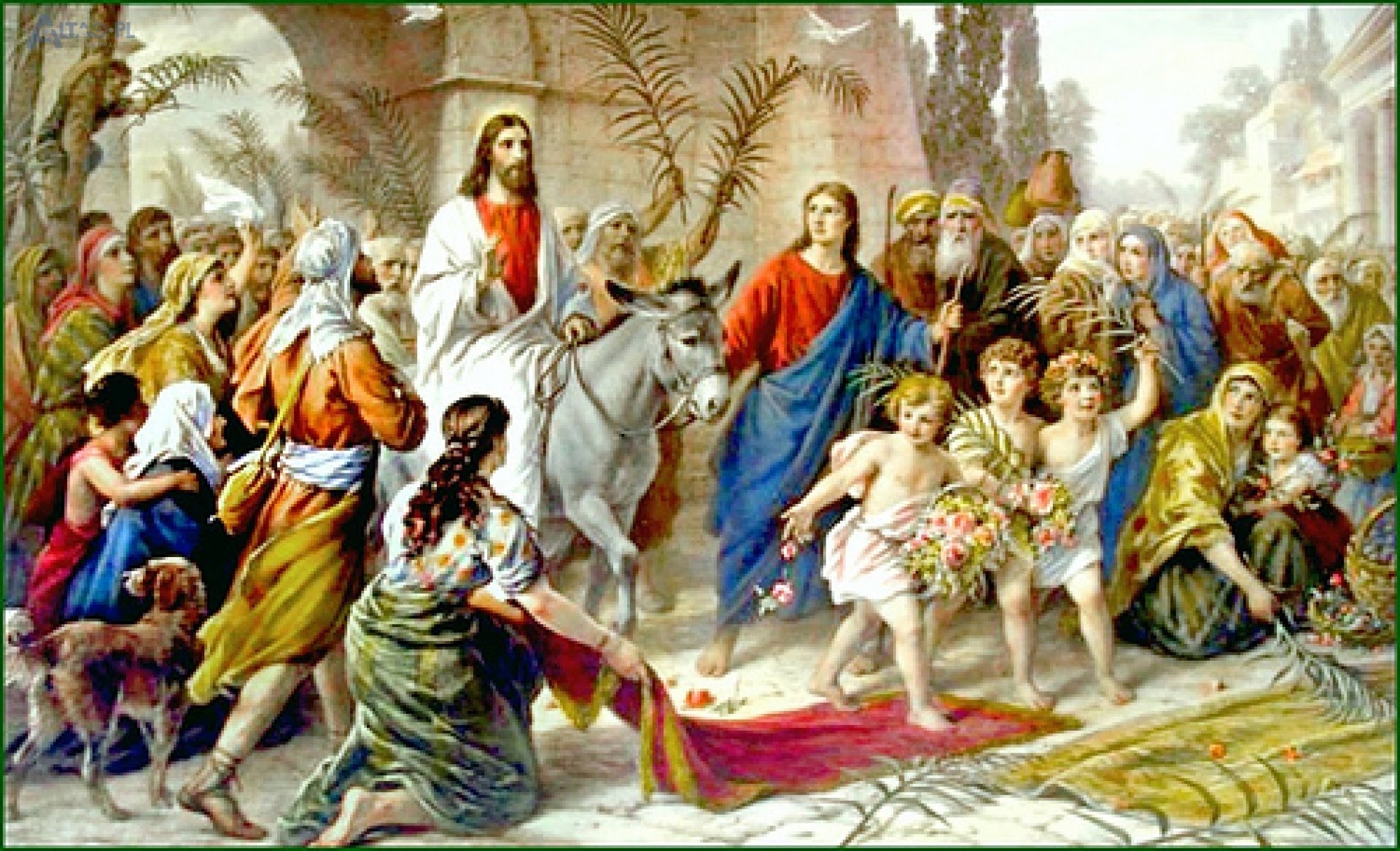
Palm Sunday

This work is licensed under a Creative Commons Attribution-Noncommercial 4.0 International.
Prayer 7s Ministry, New Zealand. You may not use the material for commercial purposes.

This work is licensed under a Creative Commons Attribution-Noncommercial 4.0 International.
Prayer 7s Ministry, New Zealand. You may not use the material for commercial purposes.